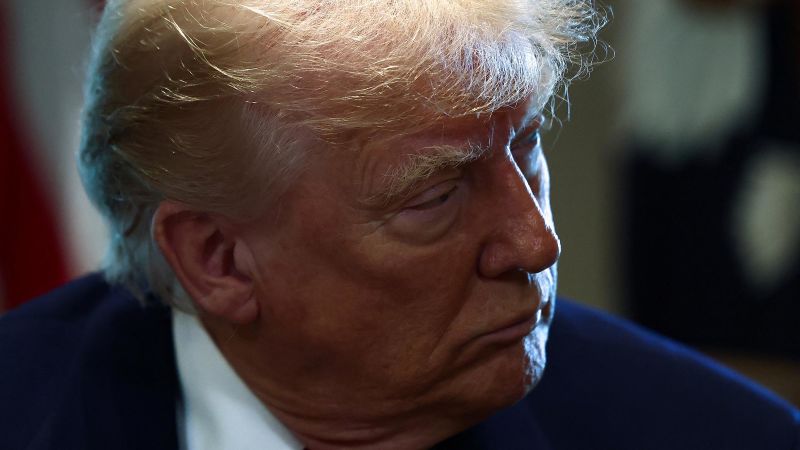In 2021, a significant humanitarian crisis unfolded as 85,000 individuals fled Afghanistan, prompting major law firms to rally together to assist in filing political asylum petitions. This pattern of legal charitable work is not new; it mirrors past engagements when lawyers took on the representation of over 700 detainees at Guantanamo Bay and supported transgender individuals across the United States in navigating the complexities of changing their names. Such pro bono efforts have long been recognized as a cornerstone of legal practice, demonstrating how the legal community mobilizes to assist those in dire need, often during times of political instability.
However, the political landscape shifted dramatically during the Trump administration, dramatically jeopardizing the viability of pro bono legal work that often requires significant engagement with politically sensitive issues. The administration’s punitive executive orders targeting major law firms that opposed its policies created a chilling atmosphere for pro bono activities. These actions included barring certain firms from accessing federal buildings and threatening clients with the loss of government contracts, leading to profound changes in how large law firms approach pro bono engagements.
Juan Proaño, then-CEO of the League of United Latin American Citizens (LULAC), encapsulated the hesitation within the legal community by asserting, “The sea has parted,” indicating a significant shift in attitude among law firms, many of which began to tread more carefully regarding political engagement. Several partners from top law firms, which historically have been deeply involved in pro bono work, now expressed concerns about the repercussions of publicly aligning with cases that might antagonize the Trump administration.
The repercussions of this political climate rippled through pro bono legal services that traditionally championed civil rights, immigration, and issues surrounding reproduction. With many firms opting to retreat from politically charged cases, the relationship between organizations requiring legal representation and the firms capable of providing that assistance suffered significantly. As one senior law firm partner noted, organizations were facing considerable challenges in finding law firms willing to partner on cases due to a pervasive fear of governmental retribution.
The case of LULAC serves as a prime example. The organization, historically represented by the prominent law firm Paul, Weiss, once found itself abruptly disengaged from this partnership as the firm sought to distance itself from Trump’s executive orders. This incident, which marked a turning point for LULAC and other similar entities, underscored the vulnerability of pro bono clients amid corporate decisions driven by fear of reprisal.
Moreover, while pro bono work through large law firms was expected to remain robust, especially in areas like fighting antisemitism and supporting veterans, the types of social justice cases that had previously attracted considerable legal talent began to dwindle. The modest examples of firms like Skadden Arps, which has successfully operated extensive pro bono programs, highlight this quandary. Despite their historical commitment to social impact work, the looming threat of political retribution created an environment where many lawyers reconsidered their active involvement in contentious issues or chose to remain silent.
Furthermore, while certain legal services continued with little disturbance, notable shifts in attorney participation emerged. Large-scale responses to humanitarian crises, such as those seen during the initial travel bans under Trump, became less frequent. Though a handful of firms persisted in fighting against government overreach, the average ranks of legal advocates behind these efforts thinned considerably.
Themes of fear dominated conversations in the legal community, with attorneys weighing their career trajectories against the potential consequences of engaging in high-profile pro bono work. The experiences of lawyers like Gary Thompson exemplify this shift; now working in a more independent capacity, he articulated the threat of professional isolation that currently defines the legal field’s landscape.
As some firms begin to find their footing and explore proactive engagement in pro bono cases—largely in areas deemed safe—the overall caution surrounding politically sensitive issues suggests a need for recalibration of the legal industry’s societal role. Pro bono advocates note that while the current environment poses significant challenges, there remains an undeniable drive within parts of the legal community to continue serving those in need. The evolving nature of these interactions and the role of law firms in addressing social issues under political scrutiny will undoubtedly shape the future of pro bono work in the years to come.



